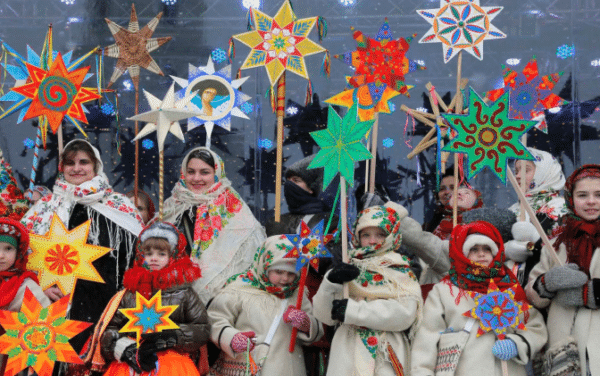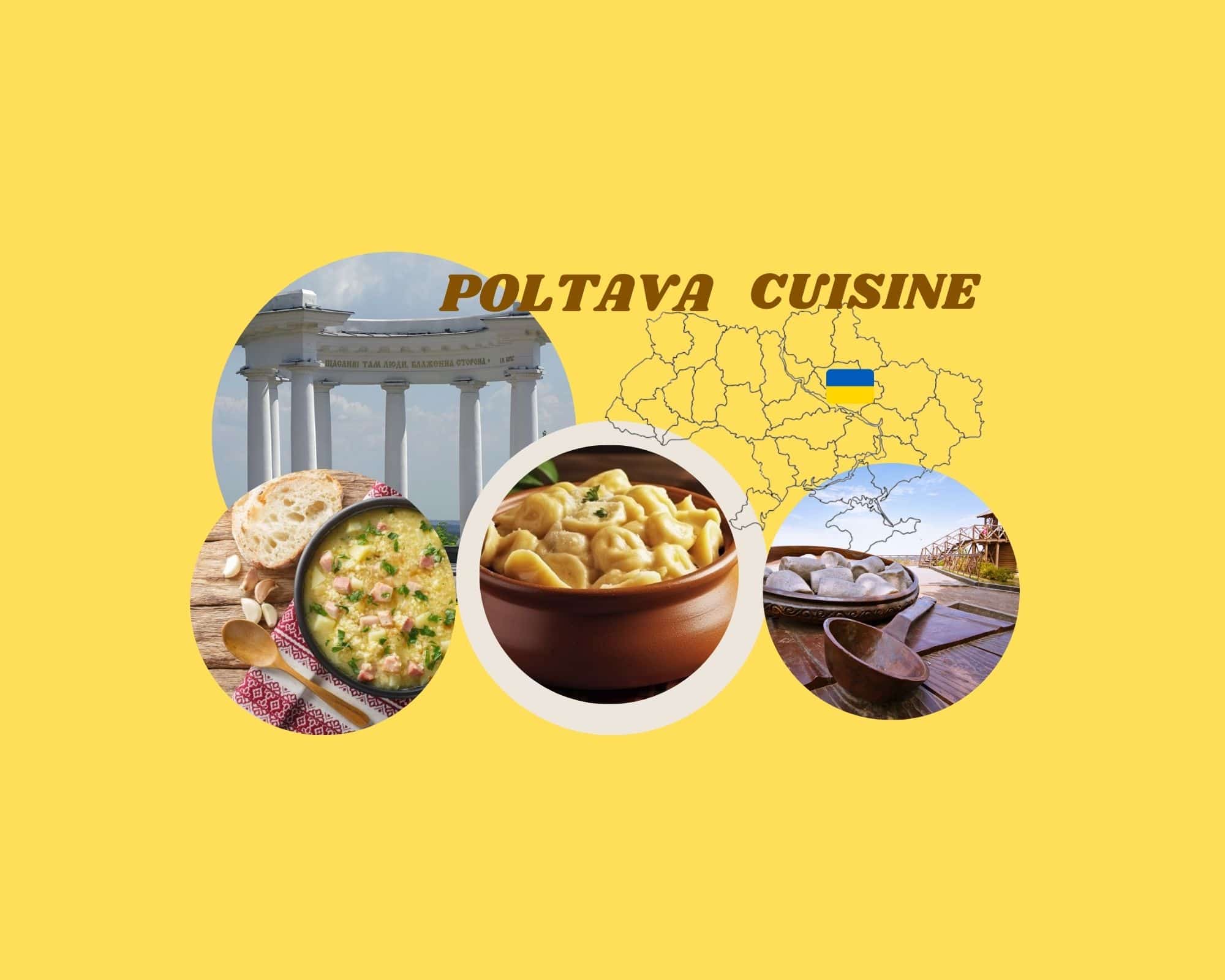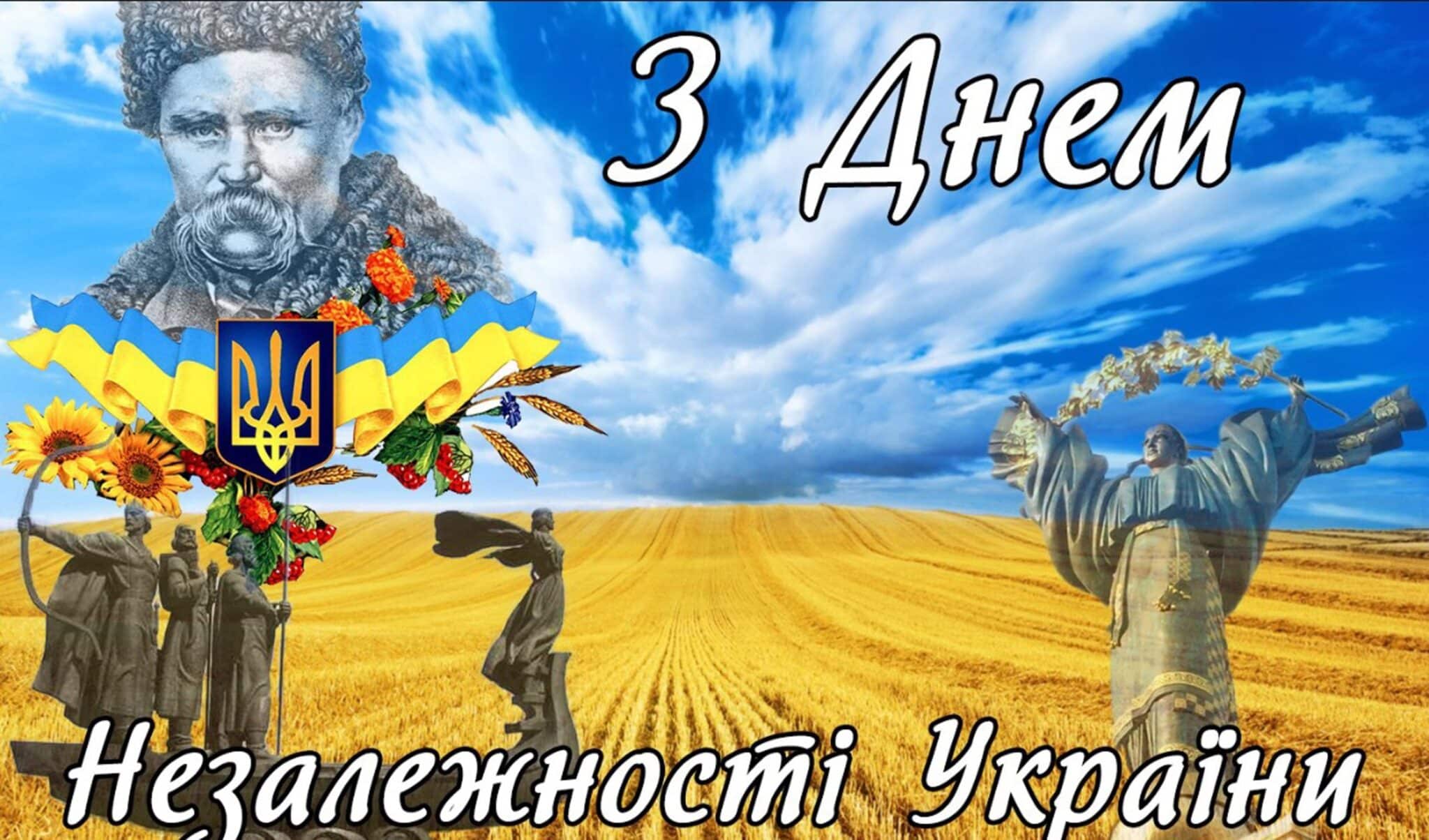The New Year and Christmas period is very important for Ukrainians because, in Ukraine, Christmas itself is the biggest holiday on par with Easter. That is why the preparation for the celebration is detailed and long so that everything is perfect on Christmas Eve and the following holiday weeks, from adorning tables with delectable delights to infusing homes with a magical ambiance.
Yet, the organization of a family feast extends beyond preparing traditional dishes, cleaning the house, and other household chores. Ancient customs, steeped in omens and prohibitions, intricately shaped this festive season, once deemed obligatory. Remarkably, many of these age-old superstitions persist in modern-day Ukraine.
Are you eager to immerse yourself in the atmosphere of Ukrainian Christmas preparations? Join us to discover the most interesting Christmas omens and superstitions common among Ukrainians.
Invoking evil forces into the home
Surprising, isn’t it? Throughout the year, Ukrainians diligently ward off malevolent entities, relying on various amulets for protection. However, an intriguing custom existed — to call all kinds of representatives of evil forces as if inviting them to a gathering. This peculiar ritual bore significant and profound symbolism.
It was a kind of ritual aimed at protecting the home. After the hosts turned to the evil creatures with an offer to come as a guest, and they did not arrive at their invitation, it was customary to say aloud: “If you don’t come now so that you don’t come all year, your dinner is over the sea.” Through this act, Ukrainians believed they secured safeguarding against evil spirits for the entire forthcoming year, shielding their home and family from harm.
Refraining from borrowing money or things
Ukrainians are known for their kindness and hospitality. Come to visit a Ukrainian house – and you will be fed, listened to, given advice, and shared the latest. Indeed, this is a very well-known feature of Ukrainians.
Ukrainians are celebrated for their kindness and hospitality. A visit to a Ukrainian household guarantees hearty meals, attentive ears, valuable advice, and shared anecdotes—a hallmark trait.
No one borrows anything on the eve of Christmas (December 24 or January 6, depending on the accepted date of the celebration in the family). This applies to money, things, and even products. It is believed that a person who asks for something on Christmas Eve has evil intentions. Moreover, there is such a superstition: as you start the year, so you will spend it. So, if you don’t want to be a debtor or borrower for the whole next year, it’s advised not to borrow on Christmas Eve.
Do not quarrel and slander
Starting quarrels is generally very bad, and it is not acceptable on Christmas Eve. The fact is that during the Christmas holidays, every believer is focused on purifying their soul and developing spiritual strength; therefore, speaking abusive words or expressing his thoughts out loud does not correspond to the idea of self-purification and self-improvement.
Additionally, extending assistance to others in pursuit of spiritual purification is vital. Acts of kindness and compassion align with religious principles, fostering honesty and fulfilling God’s commandments.
Put money under the tablecloth
Wishes for wealth and well-being are always a priority at Christmas because it is at this time that the foundation for the entire coming year is laid. Therefore, it is unsurprising that money was considered the most common symbol of prosperity. People put coins on the table, under the tablecloth, on the floor, under didukh, etc.
In the morning, these coins were put in water, and then people used this water to wash. This water symbolizes a form of “contact magic” believed to beckon wealth into the household.
Use iron as a charm
Utilizing iron as a protective charm holds deep significance in Ukrainian customs. Iron symbolizes good health and labor tools, which will be used to harvest a bountiful harvest next year. Accordingly, iron also means abundance and good fortune.
Hence, iron items were often brought to the house at Christmas. These ranged from oxen yokes to various agricultural tools like sickles, scythes, or rakes, usually placed near didukh, believed to amplify each other’s protective powers.
Do not engage in hard work
Avoid laborious tasks during Christmas; this time is meant for spiritual devotion and reverence to God. Engaging in heavy work, such as needlework (knitting, sewing, embroidery), household chores (cleaning, washing, taking out garbage), and divination, should be postponed to a non-holiday time.
As you can see, in Ukraine, omens and prohibitions are given a significant place during the Christmas and New Year period. While many adhere to these traditions rooted in cultural practices, even those not inclined toward superstition intuitively respect these customs. It’s akin to a collective genetic memory fused with ancient traditions, guiding the customs followed by many Ukrainians during this sacred time.







